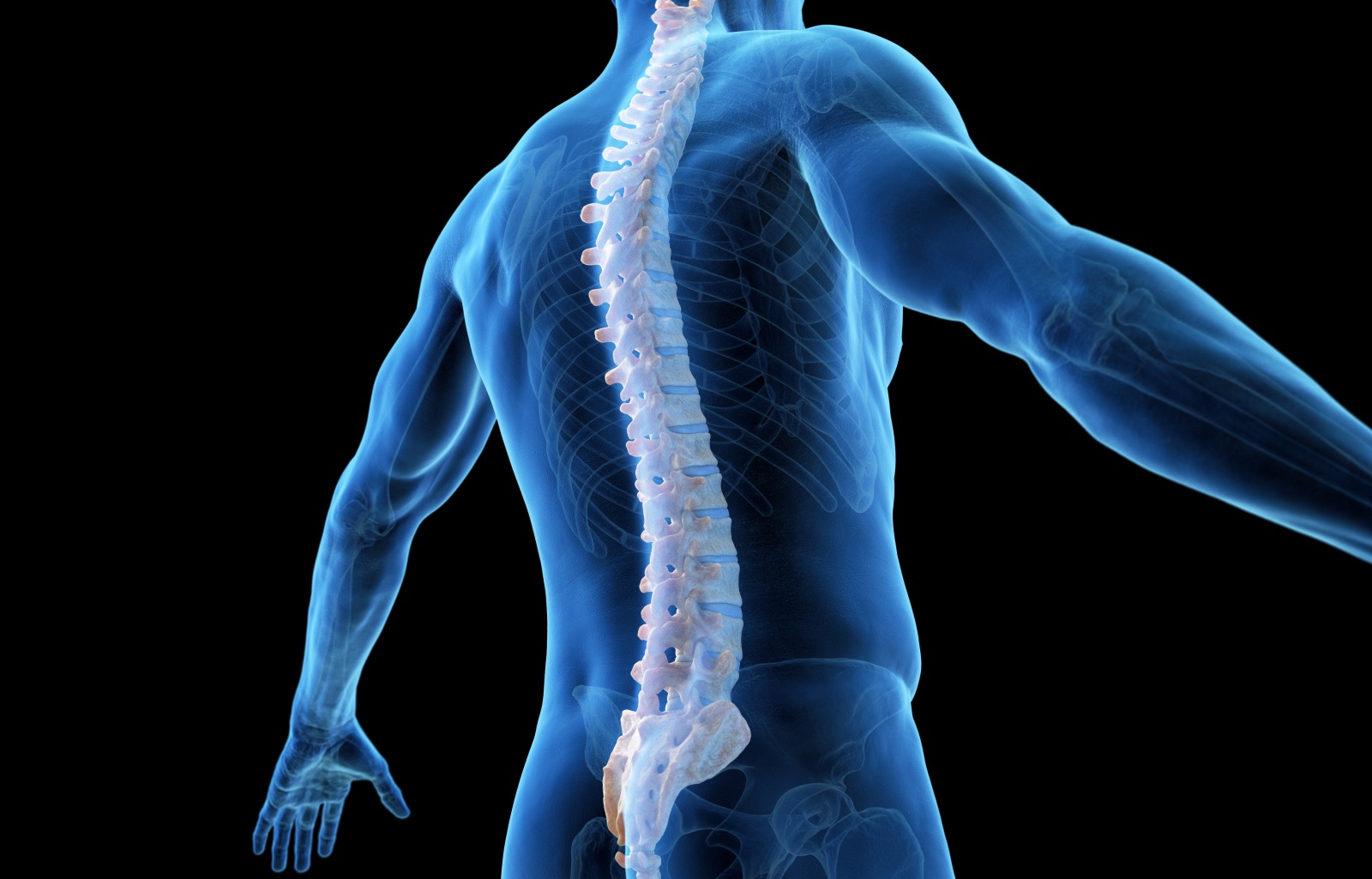Have you ever gone into a dieting/calorie deficit phase and saw progress initially, but only to find that your weight loss slows or even halts? Have you ever attempted dieting multiple times in your life only to find little to no success or even weight re-gain with each progressive dieting attempt? The reason behind this is metabolic adaptation.
Metabolic adaptation is a collection of responses our body utilizes as a survival mechanism in response to weight loss efforts.
We often think that calories in versus calories out is the only weight loss success predictor. However, another factor is metabolic adaptation in response to one’s previous dieting history. This is because our bodies like homeostasis and will adapt for survival.
To the body there is little differentiation between a response to famine or to dieting. In both cases one’s metabolism slows and hormonal alterations favor a decreased energy output to balance the lower amount of calories consumed. When “energy in” decreases, “energy out” drops in response.
When we look at the “energy out” of our metabolism or TDEE (total daily energy expenditure) there are four components:
- BMR (basal metabolic rate) – is the number of calories our bodies need to perform basic, life-sustaining functions while an individual is in a resting state. BMR accounts for ~70% of our TDEE.
- TEF (thermic effect of food) – is the energy expended to consume, digest and absorb food. TEF accounts for ~10% of our TDEE.
- NEAT (non-exercise activity thermogenesis) – includes calories burned with daily physical activity/movement that is not planned exercise or sports (walking, fidgeting, etc.). NEAT accounts for ~15% of our TDEE.
- EAT (exercise activity thermogenesis) – is the energy used during exercise. EAT accounts for ~5% of our TDEE.
When a person is in a calorie deficit, the body will do what it needs to try to keep weight steady. As “energy in” decreases our body adapts to keep us alive and functioning by decreasing the “energy out.” Thus, calorie deficit weight loss eventually slows down or even plateaus. The changes that occur include:
- BMR will decrease because a person weighs less
- TEF decreases because a person is eating less
- NEAT typically decreases as a person eats less food so that the body can conserve energy
- EAT decreases as fewer calories are burned because a person weighs less
Here are some ideas about how to minimize the metabolic adaptation that occurs in response to a dieting phase:
- One option is to not create such a drastic deficit at the beginning of your dieting phase. It is important that your current maintenance calorie level is high enough before starting to restrict calories.
- Another way is to focus on a healthy weight loss rate versus wanting to lose weight as fast as possible.
- Additional possibilities include implementing structured re-feed days and diet breaks as needed, or even going through a reverse dieting phase prior to a planned deficit.
The human body is not designed to be in a diet mode forever. One must strategically alternate caloric deficit phases as well as weight maintenance phases to decrease metabolic adaptation. Maintenance is just as important, if not more crucial than being in a deficit to provide the proper nutrition and fueling for daily activities. A person earns the right to diet, only after being at a healthy maintenance calorie level for an extended period of time.
If you are experiencing metabolic adaptation due to a history of chronic dieting or would like to learn more about optimizing your metabolism, connect with me at chegge@racmn.com!
Reference:
Stronger by Science. (2019). The Metabolic Adaptation Manual: Problems, Solutions, & Life After Dieting. [online] Available at: https://www.strongerbyscience.com/metabolic-adaptation/ [Accessed 30 Sep. 2020]




